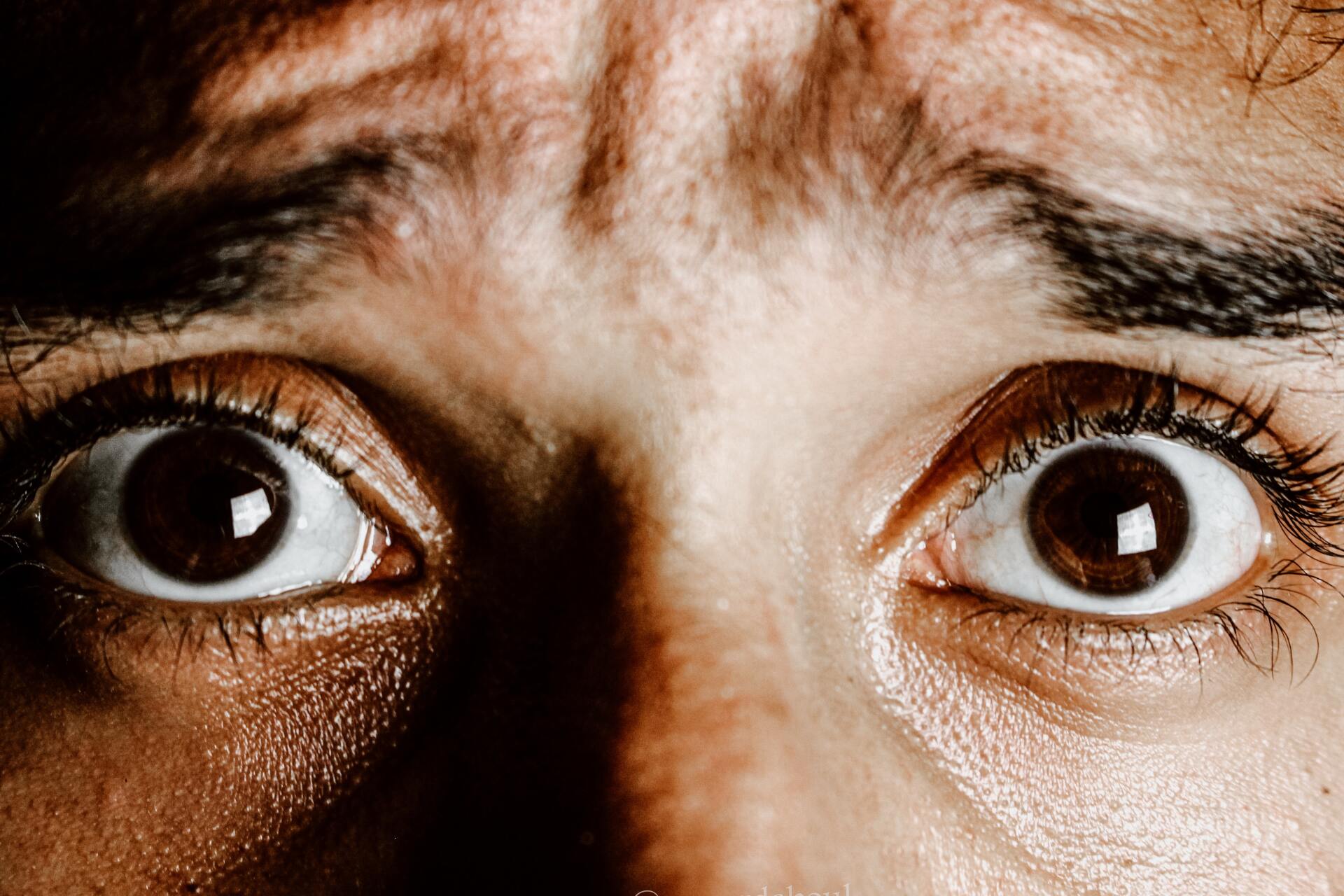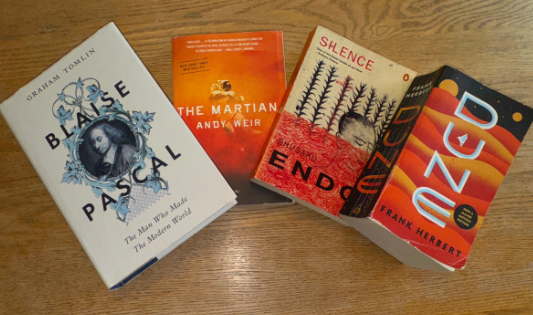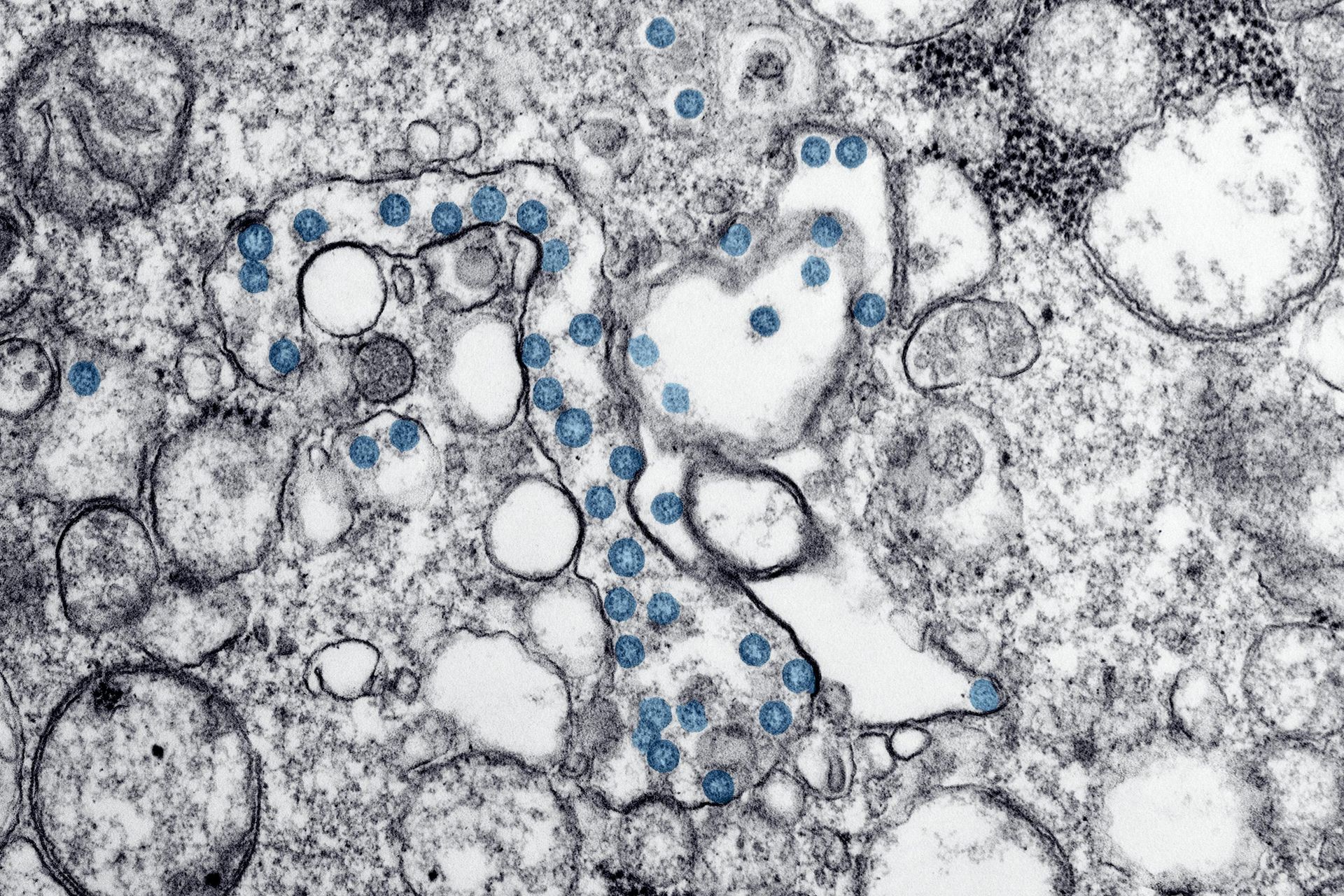the good doctor on: Eyes as Dry as Corn Flakes!

Blog #21, Eyes as dry as corn
flakes!
Back when we started this journey, in April, the first blog was on quarantining during Covid, in which I touched on excessive screen time and its effects on the eyes. We have been seeing a lot of people with very dry eyes at the office. I would like to take a deeper look into the condition better known as dry eye syndrome. Most people experience eye dryness periodically, which results in irritation, stinging or burning, or blurry vision. Dryness can lead to red eyes and even eye infection. Some people are more prone to dryness because of bodily inflammation, supplement deficiency, reduced water intake, or a dry work environment. There are interestingly, some people who have dry eye syndrome and do not experience noticeable symptoms.
Back in 2017 the Tear Film and Ocular Surface Society (TOFS) produced a study called DEWS II, a 450 (wow!) page report all about dry eye syndrome. This summary states that dry eye is based on two mechanisms, low tear aqueous production (not enough tears), and/or low tear quality (not the right kind of tears). At Burlington Eyecare (BEC) we have a Dry Eye Clinic , where our doctors do an extensive assessment to determine the cause of the syndrome and then decide on the best course of action and treatment, link. We then match treatment to the patient’s unique profile. Just as the disease is multifactorial, so is the treatment. The treatment may be as simple as using non-preserved artificial tears or it can be as extensive as requiring an in-office infrared lid treatment called Ilux. There may a problem with nutrition, where vitamin A and Omega 3 oils help to heal the cornea and produce higher quality tears. There may a swelling of the tissues and then the timely use of anti-inflammatories help. There may be low tear volume, where a combination of punctal plugs and/or prescription drops like Restasis can help. Or to make it interesting, there may be a combination of issues.
A lot of screen time, even curved screen time, will frequently bring out underlying dry eye tendencies. Blinking regularly, using artificial tears, avoiding air movement in the face (do not sit under a vent, for example), drinking lots of water, getting up and walking around, are all things you can do to reduce dry eyes. If the problem persists or continues to cause discomfort, come in for a full work-up. There is relief available.
Til next week,
The Good Doctor, Dr. Mark Germain, Burlington Optometrist






